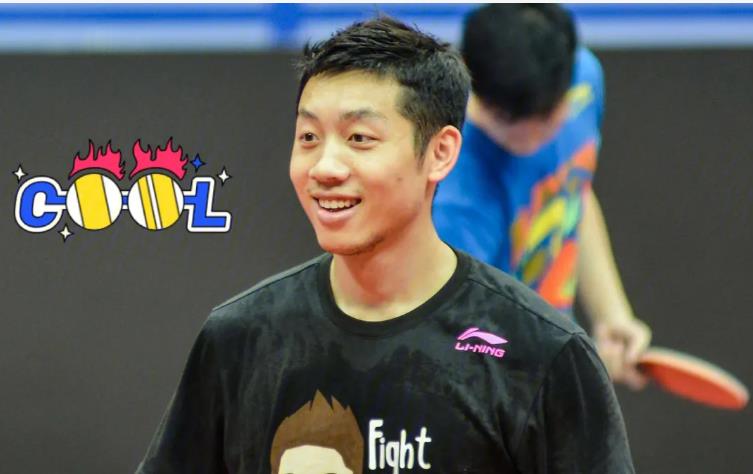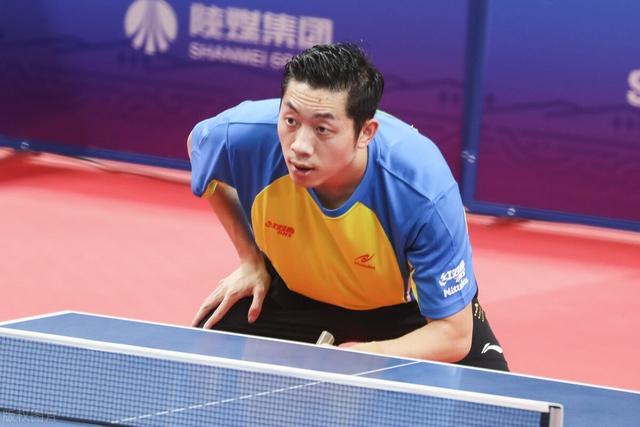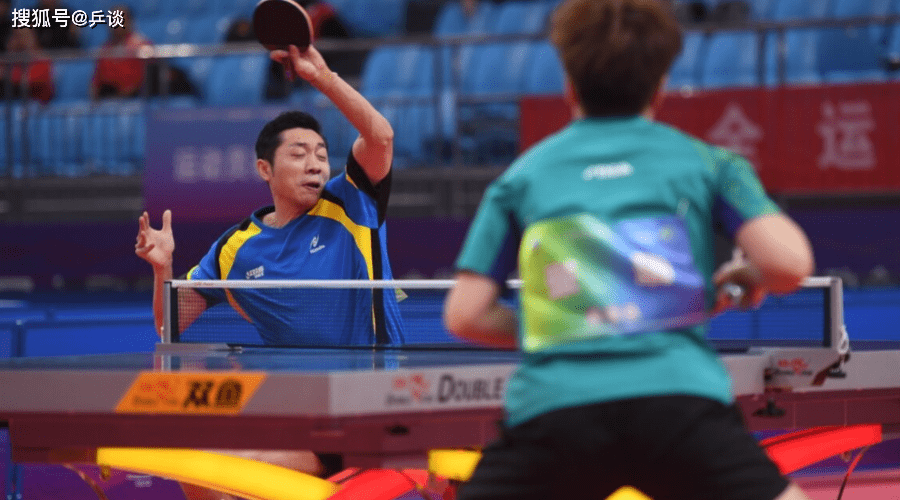许昕表示,带孩子们入场时的心情比参加比赛还要紧张。他强调孩子们的安全和表现至关重要,让他倍感压力。作为教练或组织者,许昕深知责任重大,希望孩子们能够在比赛中发挥出最好的水平。这种紧张情绪反映了许昕对孩子们的期望和责任感,也展现了他对比赛和孩子们未来的重视。
Title: The Nervous Energy of Xu Xin: Bringing Kids into the Arena and Efficient Planning Design
In a world where competitive events often demand precision and foresight, Xu Xin's experiences are unique. He has shared his sentiments on the intense anxiety that comes with bringing children into the arena, an emotion that surpasses even the stress of playing a game. This article explores Xu Xin's perspective and how efficient planning design can be applied in various aspects of life.
Xu Xin's perspective on bringing children to events is profound. The responsibility of ushering young minds into an environment that might be overwhelming with its energy and excitement is a daunting task. The nervous energy that comes with it is akin to preparing for a major competition, where every detail matters and success hinges on meticulous planning.
The first step in efficient planning design, as it applies to this scenario, is understanding the needs and interests of the children. Xu Xin's approach would involve identifying the type of activities that would engage them, ensuring their safety, and creating an atmosphere where they can learn and grow. This involves understanding their emotional responses to different events, creating a plan that caters to their interests, and being prepared for any potential challenges they might face.
Moreover, efficient planning design also means creating a structured schedule that allows for flexibility. As Xu Xin would know, children need breaks and time to explore their surroundings. By incorporating these breaks into the schedule, it not only allows for more enjoyable experiences but also ensures that they remain engaged and interested. This approach can be applied to any event or activity, ensuring that participants are well-rested and ready to tackle the next challenge.
In addition to personal experiences, efficient planning design is also crucial in various other aspects of life. In business, for instance, effective planning can lead to increased productivity and profitability. By understanding the needs of customers and employees, businesses can create strategies that cater to these needs, ensuring maximum efficiency and satisfaction. This approach also helps in risk management, as businesses are better prepared to handle potential challenges and obstacles.
In education, efficient planning design is essential in ensuring effective teaching and learning. By understanding the learning styles and interests of students, teachers can create lesson plans that are engaging and effective. This approach also helps in creating a positive learning environment where students feel comfortable and safe, leading to better academic performance and overall development.
Moreover, efficient planning design is also important in sports. As Xu Xin would know, successful sports teams are often those that have well-designed plans that cater to the needs of their players. This includes training schedules, game strategies, and team management techniques that ensure maximum performance and success. By understanding the strengths and weaknesses of each player, coaches can create strategies that cater to these needs, ensuring optimal performance.
In conclusion, efficient planning design is a valuable tool that can be applied to various aspects of life. From personal experiences like bringing children to events to business, education, and sports, efficient planning design ensures maximum efficiency and success. By understanding the needs of individuals or teams and creating structured plans that cater to these needs, we can ensure optimal performance and satisfaction in various aspects of life. Xu Xin's perspective on bringing children into the arena is just one example of how efficient planning design can be applied in real-life situations, but its principles can be applied in numerous other scenarios as well.




 京ICP备18034998号-1
京ICP备18034998号-1 京ICP备18034998号-1
京ICP备18034998号-1
还没有评论,来说两句吧...